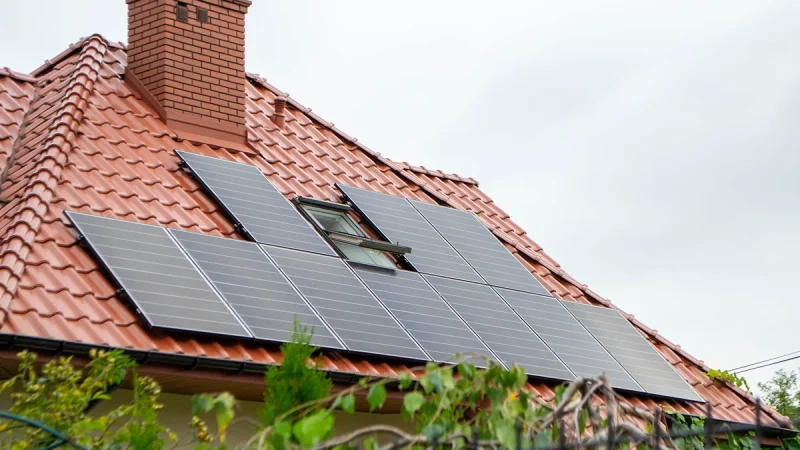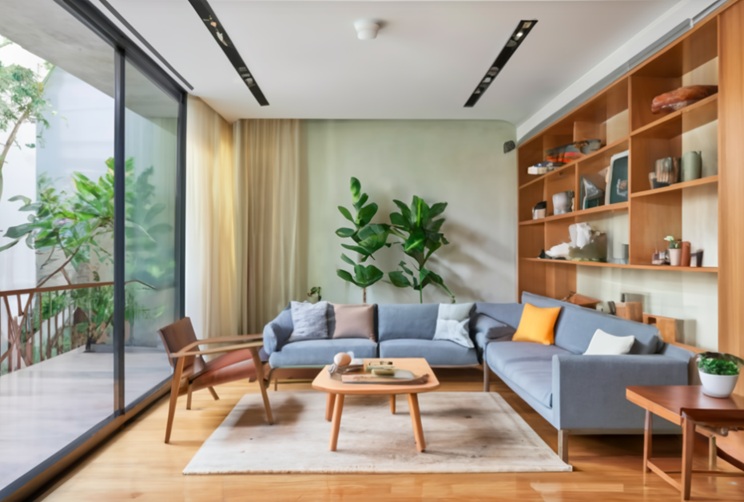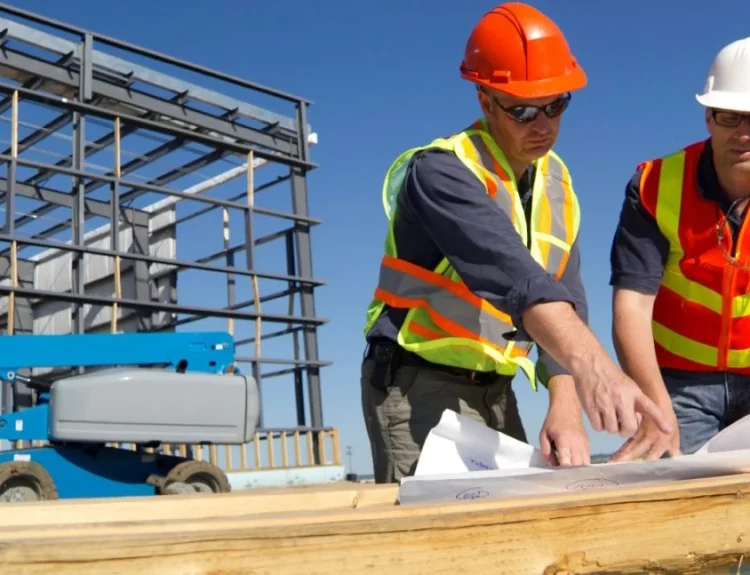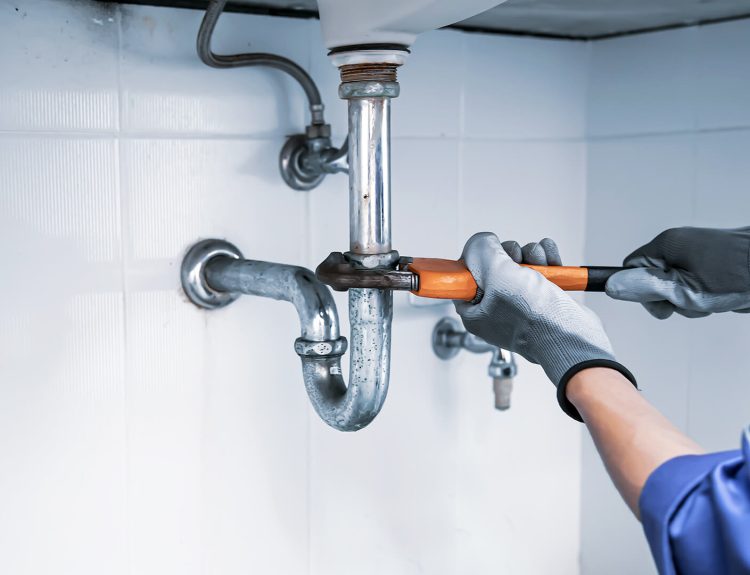Every homeowner embarking on hdb renovation faces a labyrinth of regulations, permits, and decisions that can transform an exciting project into a bureaucratic nightmare. Understanding these rules can be the difference between a smooth transformation and costly mistakes that haunt you for years.
Walk through any HDB estate in Singapore, and you’ll witness countless stories of renovation triumphs and disasters. Mrs Chen from Toa Payoh discovered this when her contractor began hacking walls without proper permits, resulting in a hefty fine and months of restoration work. Meanwhile, her neighbour, Mr Raj, who followed HDB guidelines, completed his renovation seamlessly within budget and timeline.
Understanding the HDB Renovation Framework
The Housing and Development Board doesn’t create these regulations to frustrate homeowners. Rather, “Planning your renovations thoroughly will guard against oversight and unauthorised work being carried out”, as HDB emphasises. These guidelines serve as a safety net, protecting both individual families and entire communities from structural failures and safety hazards.
Singapore’s public housing system houses over 80% of the population, making HDB flats the backbone of the nation’s residential landscape. When renovations go wrong in such densely populated buildings, the consequences ripple through multiple families. This explains why HDB renovation guidelines exist and why they’re enforced with such rigour.
What You Can and Cannot Do During HDB Flat Renovation
The boundaries of permissible renovation work often surprise new homeowners. Many assume they have complete freedom within their four walls, but HDB flats operate under specific constraints designed to maintain structural integrity.
Permitted Works:
- Installing built-in wardrobes and kitchen cabinets
- Replacing floor tiles and wall finishes
- Upgrading electrical outlets with licensed contractors
- Painting and minor carpentry work
- Installing new lighting fixtures
Strictly Prohibited Activities:
- Hacking or modifying structural walls
- Altering bomb shelters in any capacity
- Making external changes like enclosing balconies
- Installing unapproved window designs
- Overloading floor slabs beyond 150kg per square metre
The consequences of unauthorised work extend beyond immediate safety concerns. “If you don’t get a permit before starting the renovation works, HDB will treat it as unauthorised works, and ask you to reinstate your flat to how it was originally,” according to current regulations. This restoration process often costs significantly more than the original renovation.
Navigating the Permit Process for Singapore HDB Renovation
The permit system operates on a tiered approach, recognising that not all renovation work carries equal risk. Minor works like painting and basic carpentry typically don’t require permits, whilst structural alterations demand formal approval.
Works Requiring Permits:
- Hacking of non-structural walls
- Plumbing modifications and relocations
- Electrical rewiring beyond simple outlet upgrades
- Installation of heavy fixtures or built-ins
“All HDB renovation works must comply with the Housing & Development Act and require a permit unless the works are minor and exempted”, states current legislation. The application process typically takes up to three weeks, though simple requests may receive approval within days.
Understanding timing restrictions proves crucial for project planning. “No noisy renovations within the flat can be done after 5.00 pm on weekdays”, and Sunday work remains completely prohibited. These restrictions reflect HDB’s commitment to maintaining community harmony in dense residential areas.
Timeline Considerations for HDB Property Renovation
Renovation timelines in HDB flats operate under strict deadlines that many homeowners underestimate. “For newly completed blocks (BTO), the approved renovations must be completed within three months from the date of the permit. For existing blocks, you will need to complete the works one month from the date of the permit,” according to current guidelines.
These deadlines aren’t arbitrary; they reflect practical considerations about noise control, community disruption, and resource allocation. The shorter timeline for resale flats acknowledges that these buildings already house established communities who shouldn’t endure prolonged construction disturbances.
Cost Planning and Budgeting Strategies
Renovation costs vary dramatically based on flat type, scope of work, and material choices. Recent 2025 estimates suggest basic renovations range from £15,000 to £25,000 for smaller flats, whilst comprehensive makeovers can exceed £40,000 for larger units. These figures reflect Singapore’s premium labour costs and registered contractor requirements.
Hidden costs often catch homeowners off guard. Permit fees, temporary accommodation during major work, and potential reinstatement costs for non-compliant work can add thousands to your budget. The renovation deposit required by HDB, though refundable, ties up capital during the project.
Choosing the Right Professionals
The contractor selection process carries legal implications beyond quality concerns. “Homeowners must engage HDB-registered renovation contractors to carry out the work”, according to regulations. This requirement isn’t merely administrative; registered contractors understand HDB specifications and bear responsibility for compliance.
Experienced contractors navigate the permit process efficiently, often identifying potential issues before they become expensive problems. They understand the nuances of HDB construction methods and can suggest design solutions that work within regulatory constraints.
Future-Proofing Your Investment
Smart HDB home renovation considers long-term sustainability alongside immediate aesthetic goals. Energy-efficient lighting, water-saving fixtures, and durable materials not only reduce ongoing costs but also often align with HDB’s environmental initiatives.
Consider your family’s evolving needs when planning layouts. Young couples may prioritise open-plan living, whilst families with elderly parents might need to accommodate mobility aids. Flexible design solutions can adapt to changing circumstances without requiring major reconstruction.
The most successful renovations balance personal vision with regulatory reality. Homeowners who embrace HDB guidelines rather than fighting them often discover creative solutions that exceed their original expectations.
Your journey toward creating the perfect home begins with understanding these principles. Whether you’re planning a simple refresh or a comprehensive transformation, success depends on respecting the regulatory framework whilst pursuing your design dreams. Every successful HDB renovation starts with careful planning, proper permits, and the right professional guidance to navigate Singapore’s public housing landscape.






